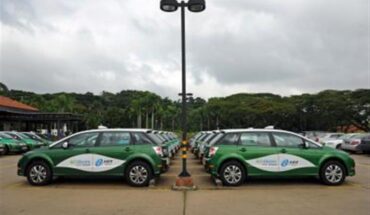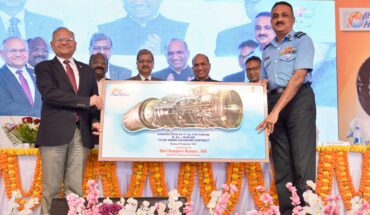Women are no longer passive recipients of welfare-enhancing help, but are increasingly seen as active agents of change that can alter the lives of both women and men, says the apex court’s bench
NEW DELHI: Women still have a “long way to go” to achieve a status equal to men as granted by the Constitution and their real empowerment can be achieved only through economic empowerment, the Supreme Court has said.
A bench of Justices A K Sikri and Abhay M Sapre made the observation while allowing the appeal of a woman excise officer who was denied appointment as Deputy Superintendent of Police by Chhattisgarh government on the ground that she had crossed the age-limit required for the post. “It is notwithstanding the fact that under Constitution of India, women enjoy a unique status of equality with men. In reality, however, they have yet to go a long way to achieve this constitutional status. “It is now realised that real empowerment would be achieved by women, which would lead to their well-being facilitating enjoyment of rights guaranteed to them, only if there is an economic empowerment of women as well,” it said. It also observed, “there is a bidirectional relationship between economic development and women’s empowerment, defined as improving the ability of women to access the constituents of development — in particular health, education, earning opportunities, rights, and political participation.” The bench said that women are no longer passive recipients of welfare-enhancing help, but are increasingly seen as active agents of change that can alter the lives of both women and men. “Till sometime back, the focus was to achieve better treatment for women and for this reason, the concentration was mainly on the well-being of women. Now the focus is shifted to economic empowerment. “Such objectives have gradually evolved or broadened to include the active role of women when it comes to development as well. No longer the passive recipients of welfare-enhancing help, women are increasingly seen, by men as well as women as active agents of change: the dynamic promoters of social transformation that can alter the lives of both women and men,” the bench said in a 38-page verdict. While directing the state government to appoint Richa Mishra as the Deputy Superintendent of Police, the bench said that Madhya Pradesh Civil Services (Special Provision for appointment of women) Rules, 1997 read with State Services Examination Rules, 2003 would get attracted in this case. – PTI






